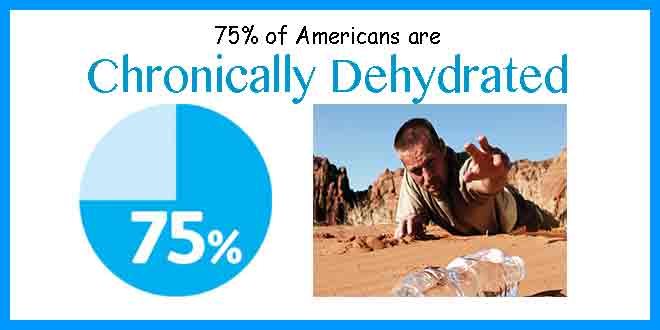
A healthy person needs 30 to 50 ounces of fluid per day.
Older adults often don’t get enough fluids and risk becoming dehydrated, especially during summer when it’s hotter and people perspire more. “Older people don’t sense thirst as much as they did when they were younger. And that could be a problem if they’re on a medication that may cause fluid loss, such as a diuretic,” says Dr. Julian Seifter, a kidney specialist and associate professor of medicine at Harvard Medical School. Warning signs of dehydration include weakness, low blood pressure, dizziness, confusion, or urine that’s dark in color.
Drinking fluids is crucial to staying healthy and maintaining the function of every system in your body, including your heart, brain, and muscles. Fluids carry nutrients to your cells, flush bacteria from your bladder, and prevent constipation.
To ward off dehydration, Dr. Seifter says that healthy people should get 30 to 50 ounces of water per day (about 1 to 1.5 liters), but not all at once. “The kidneys lose some ability to eliminate water as we age. It’s important to stay hydrated gradually, throughout the day,” he says. He recommends drinking water or juices and eating water-rich foods such as salads, fruit, and applesauce. “An easy way to stay hydrated gradually is by getting fluids at meals, with medicine, and socially,” says Dr. Seifter.
It’s possible to take in too much water if you have certain health conditions, such as thyroid disease or kidney, liver, or heart problems, or if you’re taking medications that make you retain water, such as nonsteroidal anti-inflammatory drugs (NSAIDs), opiate pain medications, and some antidepressants. Dr. Seifter says for that reason, you should check with your doctor to be sure you’re getting the right amount.
Try hydration sticks with health benefits Click Here
Source:https://www.health.harvard.edu